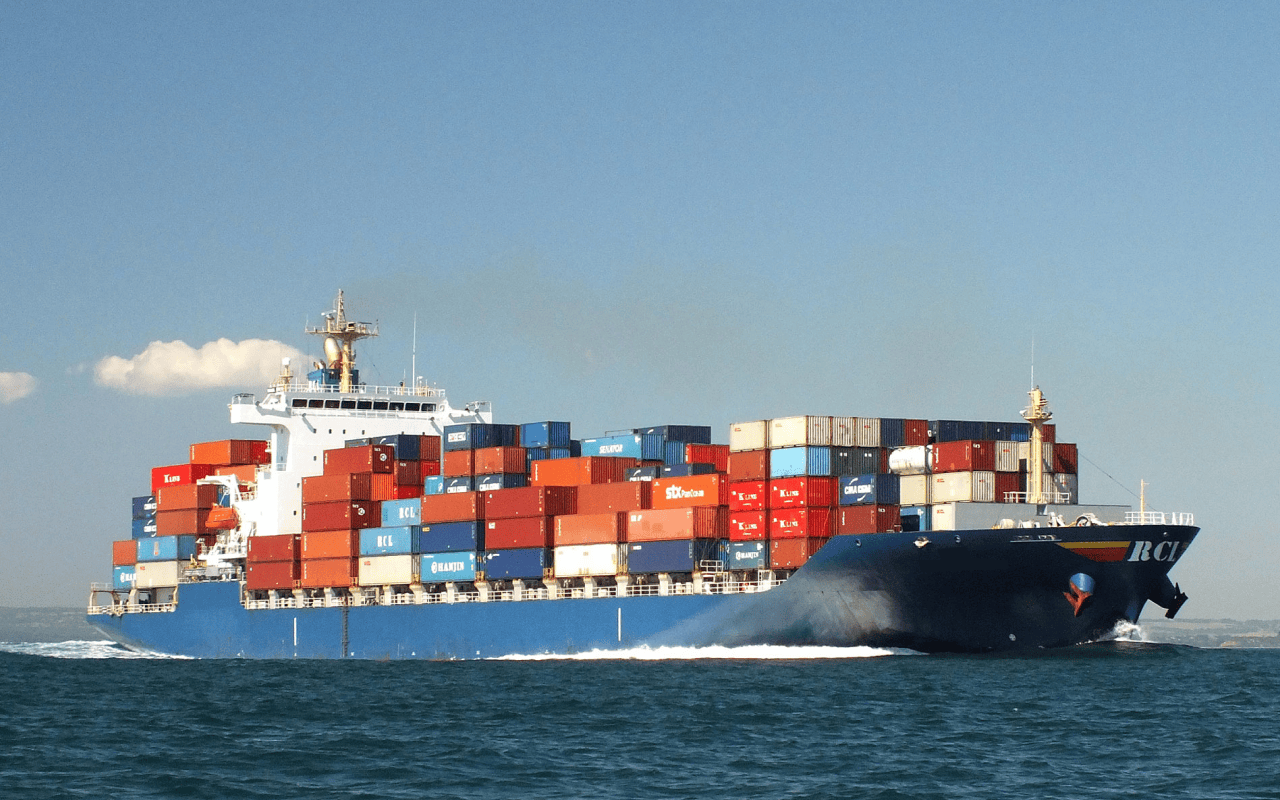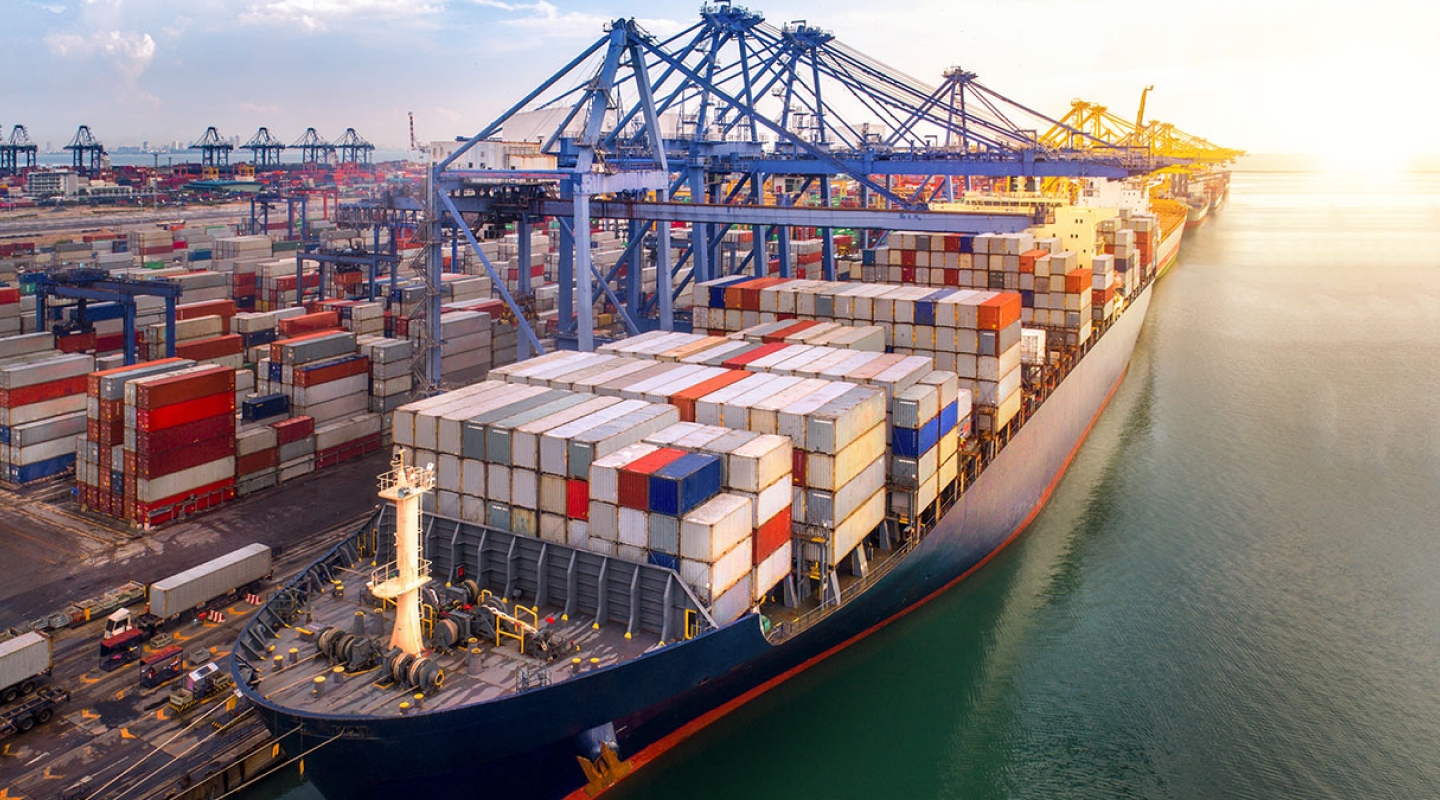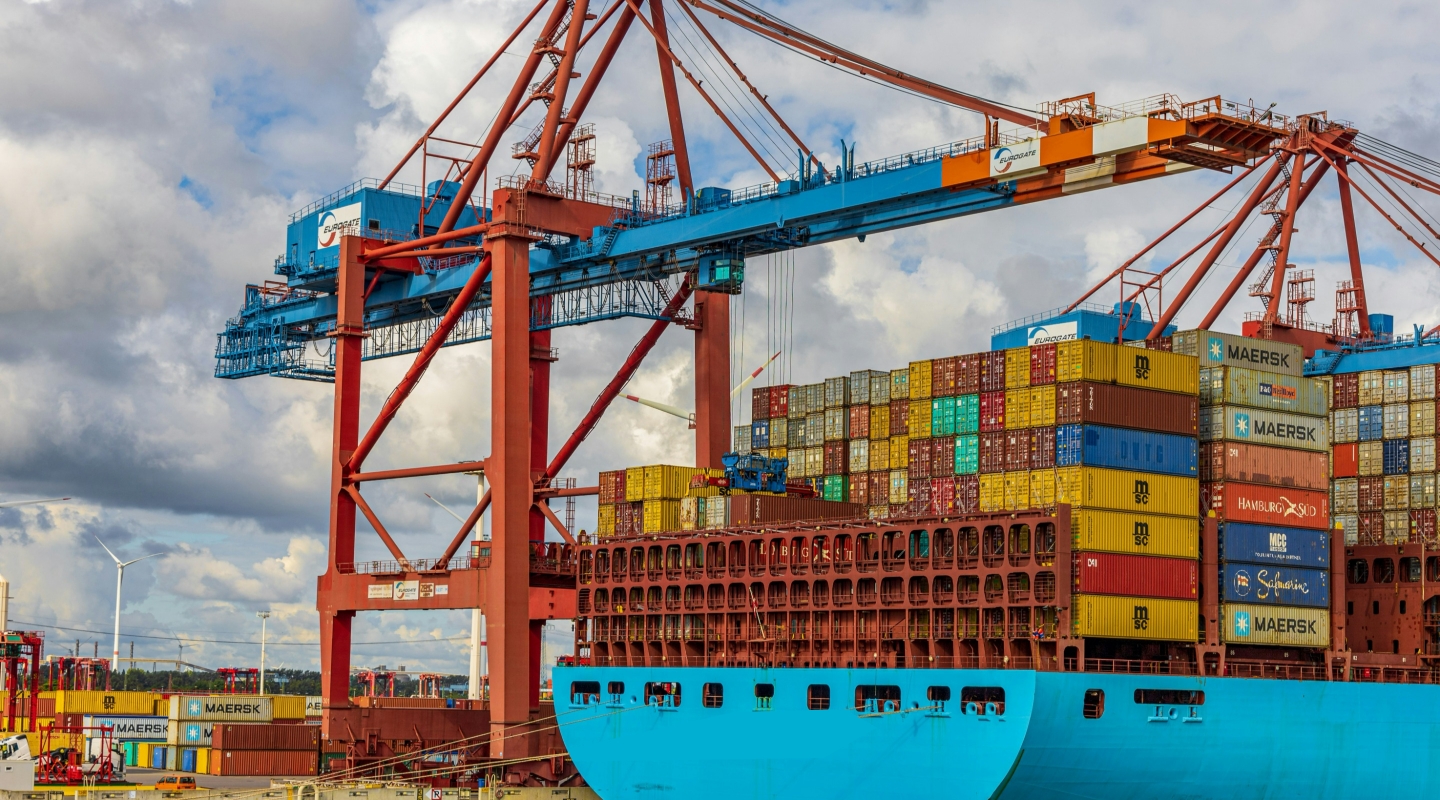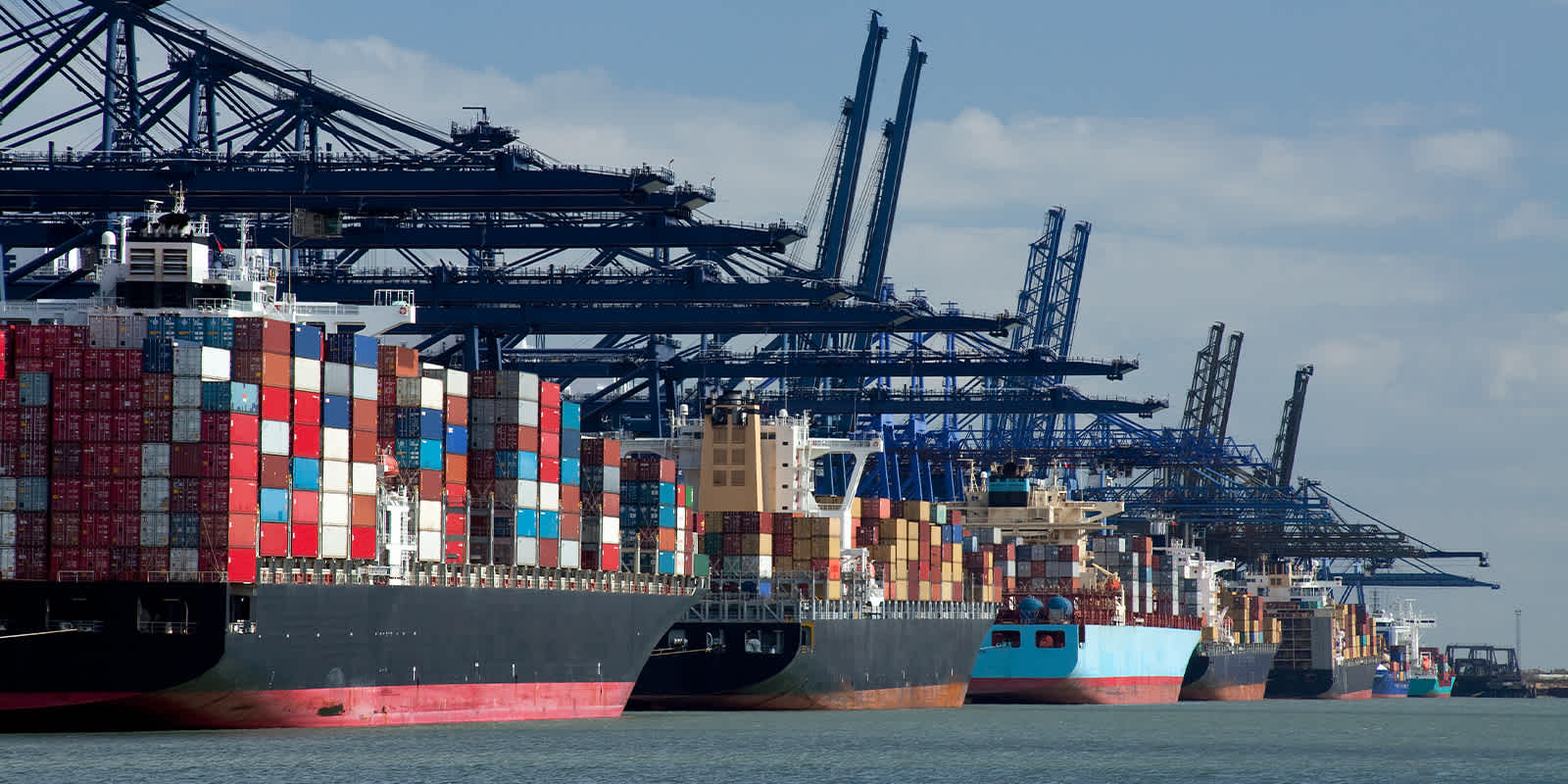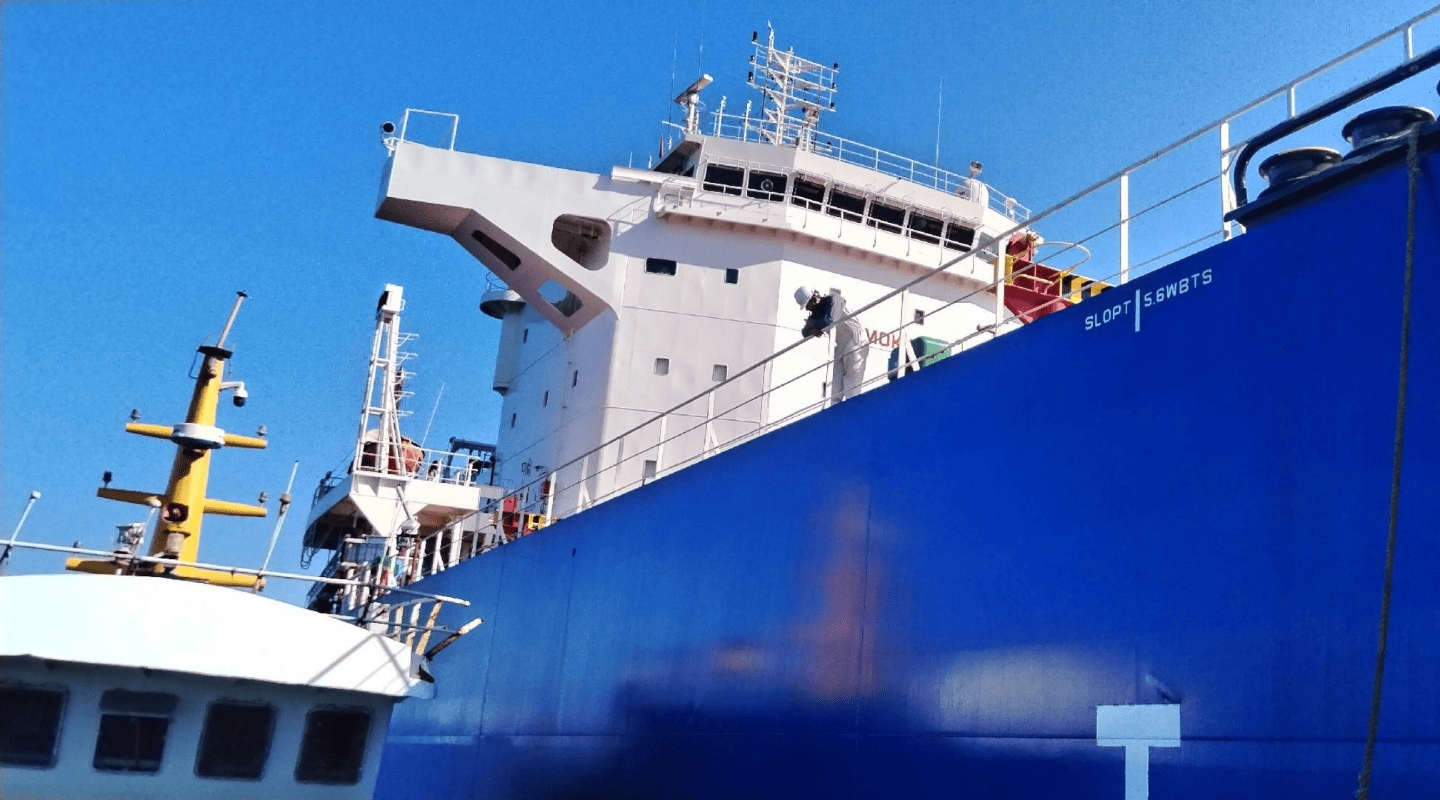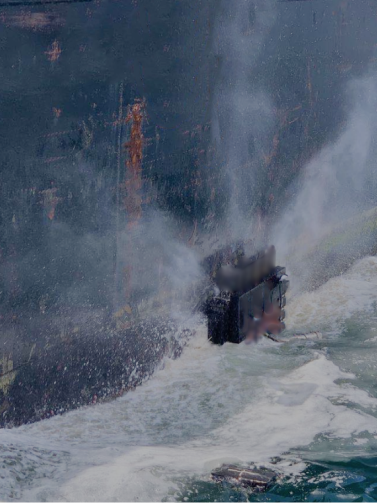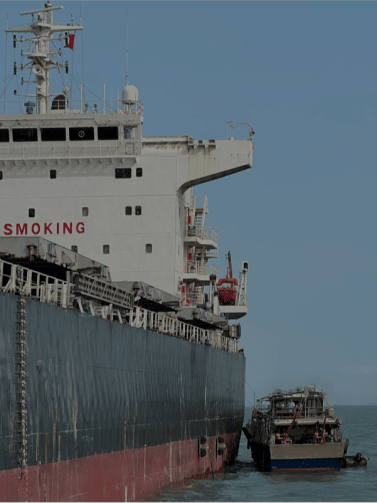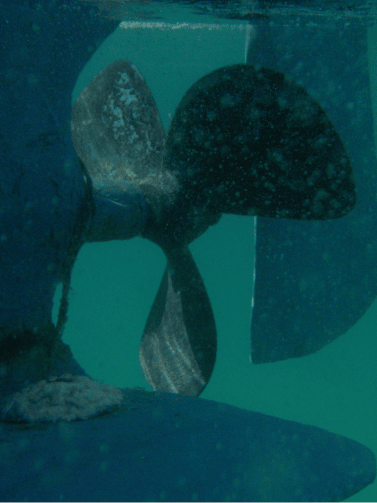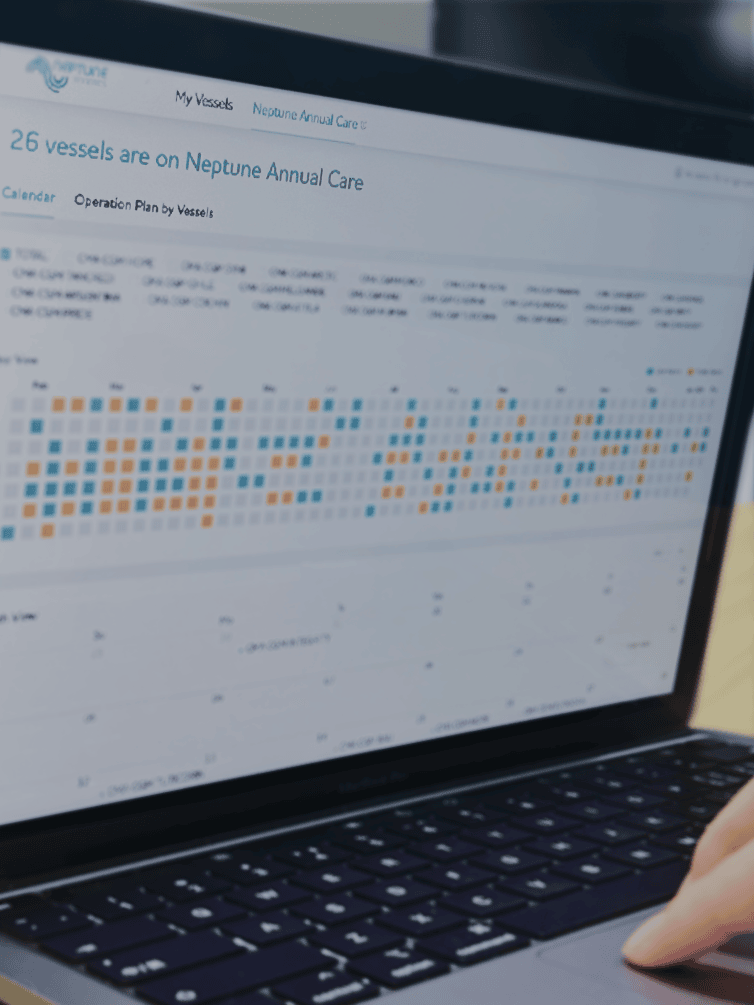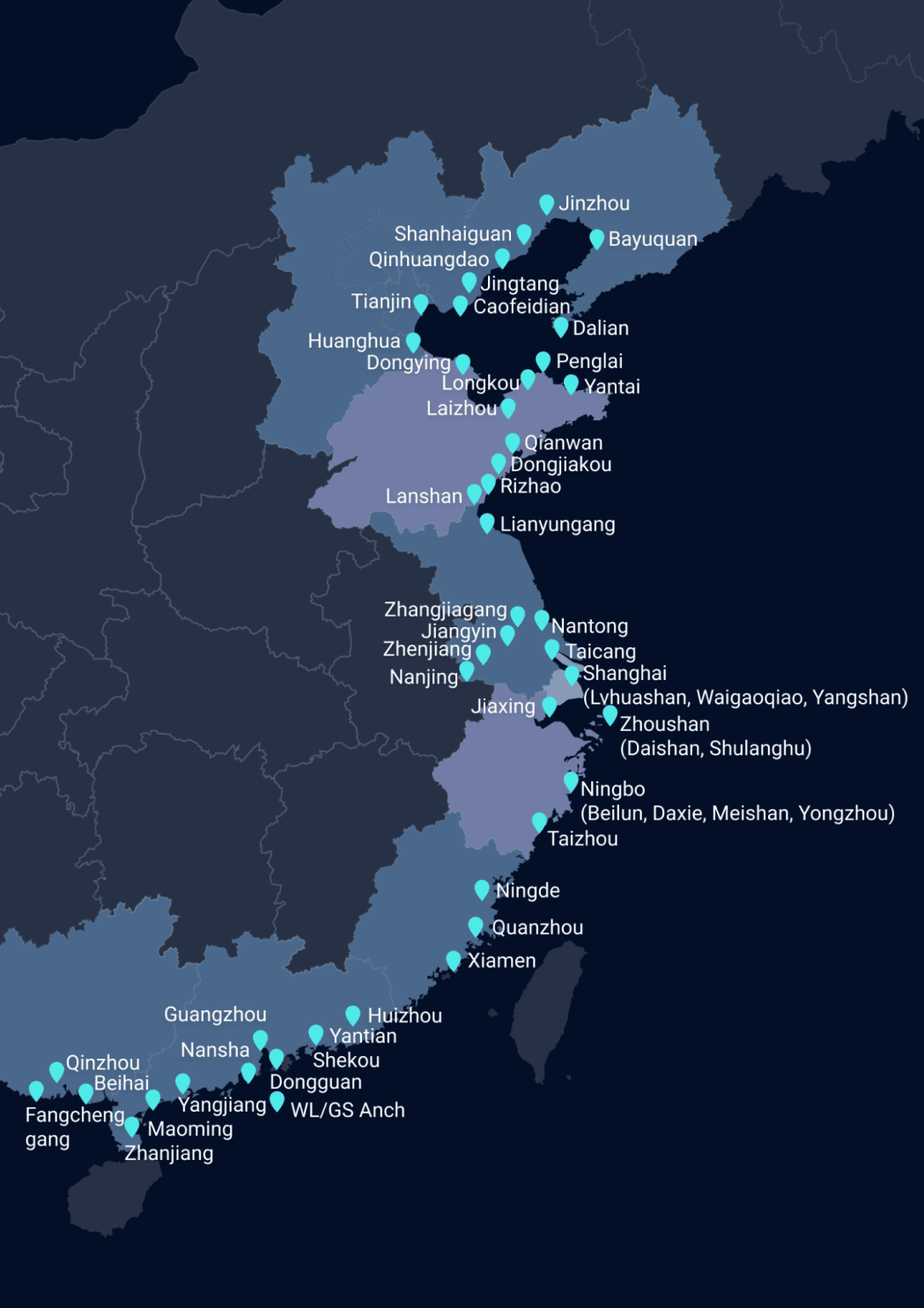Against the backdrop of high inventory levels in the United States and rising inflation in Europe leading to a decrease in consumption, global demand has sharply declined, resulting in significantly reduced profits in the consolidation market in the first quarter of this year.
Nevertheless, the current situation is not considered the worst yet. Vincent Clerc, the CEO of Maersk, candidly stated that the first quarter of this year is the best of the whole year.
“This year’s first quarter is the best of the year.”
——Vincent Clerc, CEO of Maersk
Maersk announced that its Earnings Before Interest and Taxes (EBIT) for the first quarter of this year dropped from $7.3 billion to $2.3 billion, with a projected EBIT for 2023 ranging from $2 billion to $5 billion.
In other words, the combined EBIT for the remaining three quarters may be roughly the same as the first quarter, or even potentially non-profitable. It seems that this year’s earnings have already peaked.
01-Capacity Growth Six Times Higher Than Demand!
Little Hope for Freight Rates Increase
The estimated supply growth for shipping capacity this year is 8.2%, while demand is only expected to increase by about 1.4%. Adding to this, the U.S. economy faces further downward risks. According to analyses based on SONAR booking data and reports from FreightWaves, the possibility of the U.S. economy slipping into recession in the third and fourth quarters, leading to a further decline in import demand, is growing. Consequently, the likelihood of freight rate increases is diminishing.
Xie Zhijian, former chairman of Yang Ming Marine Transport Corporation, pointed out that container shipping companies had the support of annual long-term contract rates starting in May last year. However, this May, the new long-term contract rates decreased by two-thirds, approaching cost levels, and profits for the coming quarters will further decline.
In April, maritime consulting firm Drewry also reported that the recent rise in spot container freight rates is temporary, and rates have yet to bottom out. They anticipate a 95% year-on-year reduction in container company profits this year.
02-Preparing for a Long-Term Struggle
Maersk: Focusing on Cost Control!
According to Drewry’s calculations, global average freight rates are expected to decline by 60% (including spot and contract prices) this year, and the container shipping industry is projected to incur losses of $10 billion in 2024. Zheng Zhenmao, chairman of Yang Ming Marine Transport Corporation, warned that shipping companies should be prepared for a long-term struggle.
Despite the significant drop in profits in the first quarter, global trade indicator and Danish container shipping giant–Maersk, whose financial performance still met expectations. This can be attributed to their proactive cost control measures.
Vincent Clerc stated, “In the uncertain market trends of the coming quarters, as we move towards normalization, Maersk will continue to focus on actively controlling costs, including saving on fuel through various strategies.”
With the introduction of international environmental regulations such as the International Maritime Organization (IMO) CII Carbon Intensity Indicator and the European Union Emissions Trading System (EU ETS), the cost of carbon emissions in the shipping industry is increasing, along with the associated risks.
Simultaneously, the transition from traditional fuels to liquefied natural gas or methanol is gaining momentum, and future fuel costs may rise to pre-Russian-Ukrainian conflict levels, or even worse.
In such a market environment, effective cost control, especially reducing ship fuel consumption and carbon emissions, has become one of the most powerful weapons for shipping companies to maintain competitiveness and reduce operational risks.
03-Achieving Cost Reduction and Decarbonization
Hull Cleaning Is Crucial!
In recent years, as attention to biofouling on hulls has increased, proactive hull cleaning has become a direct way for shipowners, ship managers, and operators to alleviate cost and decarbonization pressures.
Hull cleaning not only reduces fuel consumption but also allows vessels to achieve higher speeds with the same fuel consumption, resulting in shorter transportation cycles.
In 2022, U.S. shipowner company, Eagle Bulk Shipping announced that by cleaning the hull throughout the voyage interval, they could “keep the hull clean at all times” and minimize biofouling to reduce fuel consumption and accelerate decarbonization.
Through hull cleaning, vessels can be kept clean throughout the voyage interval.
–Eagle Bulk Shipping, U.S. shipowner company
Neptune’s robotic ship inspection and cleaning service can operate underwater when vessels are anchored or docked, efficiently removing biofouling and dirt layers without damaging the vessel’s paint. Additionally, Neptune’s online platform provides digital and intelligent technology to present hull data, such as biofouling status and paint condition, helping shipowners manage vessels more efficiently and achieve precision operation.
In a market downturn cycle, shipping companies that focus on lean fleet management, cost control, and accelerating decarbonization are bound to have stronger capabilities and greater flexibility to face challenges such as supply and demand fluctuations, overall freight rate declines, and increasingly stringent international environmental regulations.
